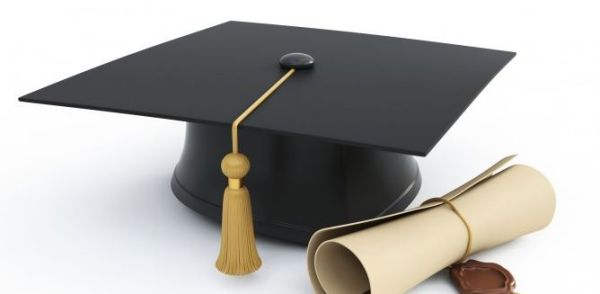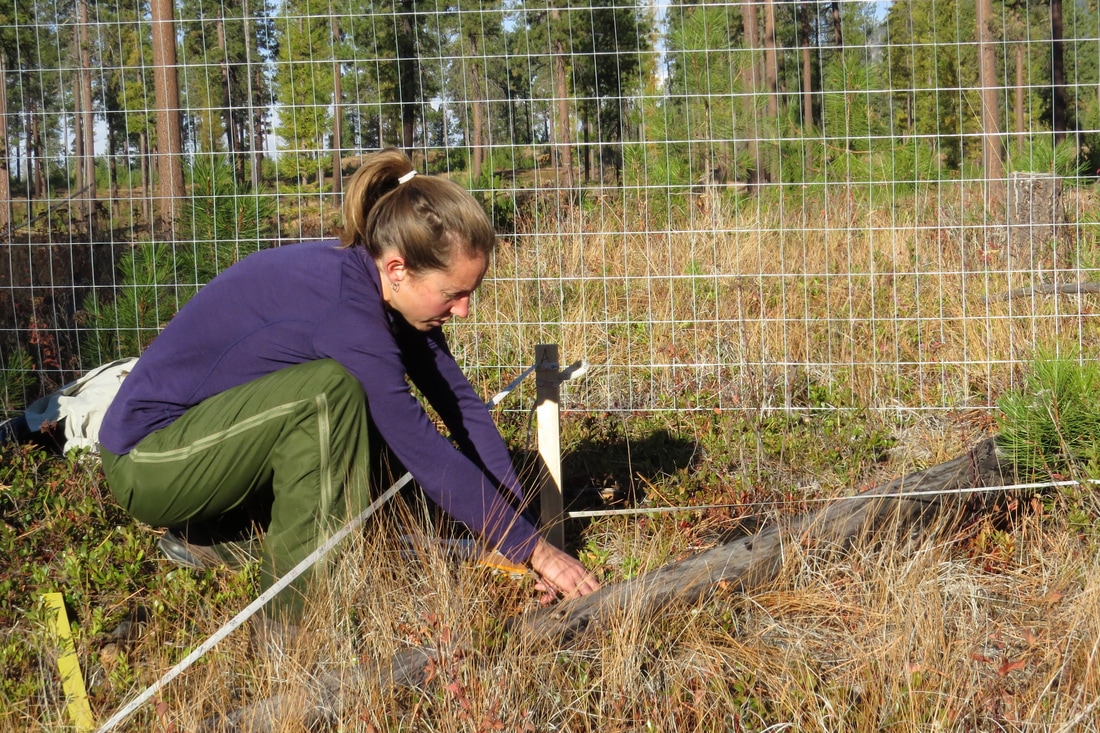|
|
AKC Scholarship
In celebration of the Human-Canine Bond, AKC Humane Fund is now offering the John D. Spurling Scholarship Program. The
scholarship program is intended as tuition assistance for students with excellent academic record pursuing an education in a field that advances responsible pet ownership.The mission of the program to protect pets, support
worthy pet-related organizations and celebrate the human-animal bond.The “AKC Humane Fund” will provide totaling $10,000 awards.
The AKC Humane Fund is committed to supporting the health and happiness of dogs across the nation. Every day, they work hard to give back to dogs on a broad and sustainable
scale through education, grant making and outreach promoting responsible pet ownership.
Eligibility:
-
Applicant must be a full-time student enrolled in a degree or certification program at an accredited U.S. institution
-
Scholarship must be used for tuition and will be paid directly to the institution on the student’s behalf
-
Applicants that are awarded grants must comply with a reporting process as indicated by the AKC Humane Fund
How to Apply:
To apply for the application, the applicant may download the application form from the given link: http://images.akc.org/pdf/humane_fund/Spurling-Scholarship-Application-2017.pdf
Supporting Documents:
Letters of recommendation

Submitting Details:
The applicant must mail the completed applications to the following addresses:
The AKC Humane Fund, Inc.The American Kennel Club 260 Madison Avenue, 4th Floor New York, NY 10016
Financial Aid and Award Money:
In celebration of the Human-Canine Bond, the Fund awards five scholarships per year, totaling $10,000 annually, payable as tuition assistance to accredited institutions
to full-time students enrolled in courses of study that contribute to the well-being of dogs and responsible pet ownership.
Application Deadline:
The completed applications must be postmarked no later than July 1, 2017.
Link for More Information:
http://www.akchumanefund.org/programs
|
|
|
|
UC Santa Barbara REU
We are Looking for an NSF-REU student to work on several laboratory projects at UC Santa Barbara for two months (July/August; exact dates negotiable) of 2017.
A stipend will be provided for housing, food, and amenities. These projects will be focused on soil and litter samples imported from the Mpala Research Centre’s Kenya Long-term Exclosure Experiment (KLEE), a 20-year herbivore experimental exclosure in Laikipia,
Kenya; the projects themselves will enrich existing data sets being collected by several researchers both in the lab and in the field at the KLEE.
Project details: the student will work directly with a PhD candidate in the Young lab in the Ecology, Evolution, and Marine Biology department, on several projects.
- First: the student will learn to conduct and subsequently carry out microbial biomass extractions on soil samples from the KLEE; these soils came from a variety of soil ‘types’
within four experimental herbivore exclosures, each of which excludes a different combination of large-bodied native and domestic herbivores. The data from this project (extractable soil carbon, soil organic matter, and extractable soil microbial biomass) will
join a dataset detailing the soils’ potential microbial respiration rates, providing a rich combined dataset that will contribute to understanding why differences in soil microbial respiration occur in response to herbivore presence/absence on the landscape.
- Second: the student will work with dried grass litter from the KLEE, which had been deployed in the field as a year-long litter decomposition experiment to explore the rate of carbon turnover in the field in response to herbivore presence/absence. These dried
samples were deployed for between 1 and 12 months in 2015/2016, and have been stored in air-tight plastic bags at Mpala since. The student will grind, process and analyze the imported samples to determine their ratios of carbon to nitrogen, in order to illuminate
the relative weight loss of each in response to herbivore treatment.
The undergraduate student who receives this job must be interested in community ecology, ecosystems ecology (e.g. nutrient cycling), and learning new laboratory techniques.
This student must be amenable to spending a lot of time in the lab, but there is also opportunity for several days of field work in the lower Sierras! This would take place with several Young lab graduate students in a local herbivore presence/absence experiment;
this opportunity will give the REU student the chance to experience field work in an herbivore experiment first-hand and couple it with their experience working on samples from the KLEE; having the ability to experience both will round out the student’s overall
experience researching the impacts of experimental herbivore ‘loss’ and land-use change on ecosystem carbon dynamics.
If interested, please send an updated resume and a 2-paragraph explanation of your interest in ecology and the project at hand, plus any relevant experience you may
have had, to [log in to unmask]. Provide your contact information and your availability for the months requested. The REU student would be expected to find housing in Santa Barbara (with
logistical aid from the graduate student advisor) and be able to commit to a period of 2 months of work on the project. The available time window for this project is July through August, with limited flexibility on dates for either end.
|
|
|
|
University of Washington REU
The Predator Ecology Lab at the University of Washington is offering an NSF Research Experience for Undergraduates (REU) studying fire, wolves, and herbivory.
This position is a paid undergraduate research opportunity with mentoring and will run from September 2017 through April 2018. The student will conduct an independent research project to increase our understanding of deer herbivory in the face of fire and
wolf recolonization. The selected REU student will conduct plant surveys as part of our field crew for 2.5 weeks in September and 2.5 weeks in late April in north central Washington and work with a mentor to analyze data in between field seasons, specific
start/end dates to be determined. More details available at the link http://www.predatorecology.com/reu-opportunity.html

|
|
|
|
Snow Measurement Field School
January 9 – 11, 2018 || Fraser, CO
Application Deadline: September 15, 2017 by 5:00 p.m. EDT
CUAHSI is pleased to partner with the University of Washington, U.S. Forest Service, the University of Alaska Fairbanks, University of Colorado Boulder, and Universite
de Sherbrooke to offer the Snow Measurement Field School, a 3-day field school on making and analyzing snow measurements.
Course Objectives:
This course will give fundamental training to students in making and analyzing snow measurements including depth, density, water equivalence, grain size and shape, stratigraphy, temperature and hardness. Students completing this course will be able to perform
high-quality fieldwork and design studies making snowpack measurements.
By the end of the course, students should be able to do the following:
• Excavate and prepare a snow pit.
• Measure profiles of density, snow temperature, grain size, and hardness.
• Characterize stratigraphy and layering, snow surface roughness, and snow grain types.
• Use a Federal snow sampler, an avalanche probe, a Magnaprobe, and other snow measurement equipment.
• Design their own experiment for sampling snow based on specific scientific objectives.
Eligibility
The course is aimed at undergraduate and graduate students, post-docs, professionals and senior scientists, modelers and remote sensers that will make snow measurements as part of their research, or use snowpack data in their research. There are no required
prerequisites, but students should be physically able to spend days outside being active in the snow.
How to Apply
Applications will be accepted until 5:00 p.m. EDT on September 15, 2017 via the following Google Form:https://docs.google.com/…/1FAIpQLScEbRNlsUXQQYAue…/viewform…
Applications will be reviewed by course instructors and are evaluated based on the following criteria: clarity of learning takeaways from course; course relevancy to thesis work and/or job; and potential to contribute to university and general science community.
Applicants will be notified of acceptance on October 15, 2017.
Visit the event website for additional information on the course and how to apply. http://www.cvent.com/…/event-summary-d6c18d9c62f441dc8429de…
|
|
|
|
|
|